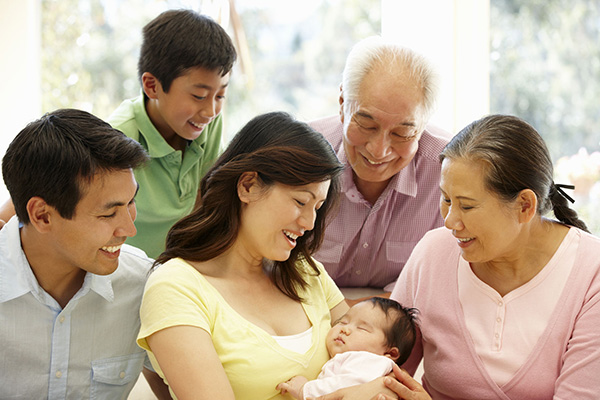Have you heard the feedback from Asian families on the Waitemata DHB: Primary Birthing Unit Consultation 2016?
In November 2015, the Auckland DHB and Waitemata DHB collaboration maternity plan was launched. The plan included a strategy to increase the number of primary birthing beds across the region. In order to understand the needs of the community and the level of support for primary birthing units (PBUs) and to further understand which delivery models would be most acceptable to the community, the Waitemata DHB Board undertook community consultation to canvas views. The aim of the consultation was to:
- Determine the current level of support for primary birthing units in the community
- Determine preferred locations for a primary birthing unit
- Determine the preferred delivery model of care from four different options
- Examine preferences on key features of a primary birthing unit
Asian groups were most likely to rate having community health facilities nearby as essential to a Primary Birthing Unit. This was followed by ease to get to by car, access to food for visitors, a birthing pool, breastfeeding support and advice, and clinic rooms for appointments. Other features which ranked highly included easy to access by public transport, all day visiting, free car parking, family-friendly facilities and a lounge area for families.
Asian mothers, including Korean mothers, look after their daughters following birth, providing breastfeeding support and new parenting support. This is considered important for the wellbeing of the new mother, both physically and emotionally. Participants said that rooms would need to be of sufficient size to accommodate them. Some said that they found men on wards to be off-putting. Participants said that they would prefer single rather than shared rooms after delivery. This was a priority due to privacy reasons.
Meals need to be culturally appropriate and nutritious. Cold food is considered inappropriate culturally. Food needs to be hot with vegan and vegetarian options. Korean women, for example, like to drink seaweed soup after birth to ward off postnatal depression. Similarly, special foods are important to Chinese women. It was suggested that a microwave could be provided so that clients could heat food up. The provision of a cooker, rice cooker and fridge to store food were also suggested.
Families would like to see a crèche for children.
Participants said the birthing unit would need to be kept warm enough for mothers and their babies. It was suggested that the unit have underfloor heating. This is seen as very important. Participants said there was no need to provide outside space as new mothers and their babies need to be kept warm, rest and stay inside.
Transport and parking were key concerns identified by those attending Asian group meetings. They said the unit would need to be accessible by public transport. Free parking was seen as important along with proximity to motorways and good roads. Support for new families was seen as critically important. It was suggested that staff be given permission to use their discretion and allow some families to stay longer, particularly where there is little family support. Some said that language support was needed, others felt that all day visiting would reduce the need for interpreter services.
